‘Boris Johnson’s real danger is sat behind him’
Your digest of analysis from the British and international press
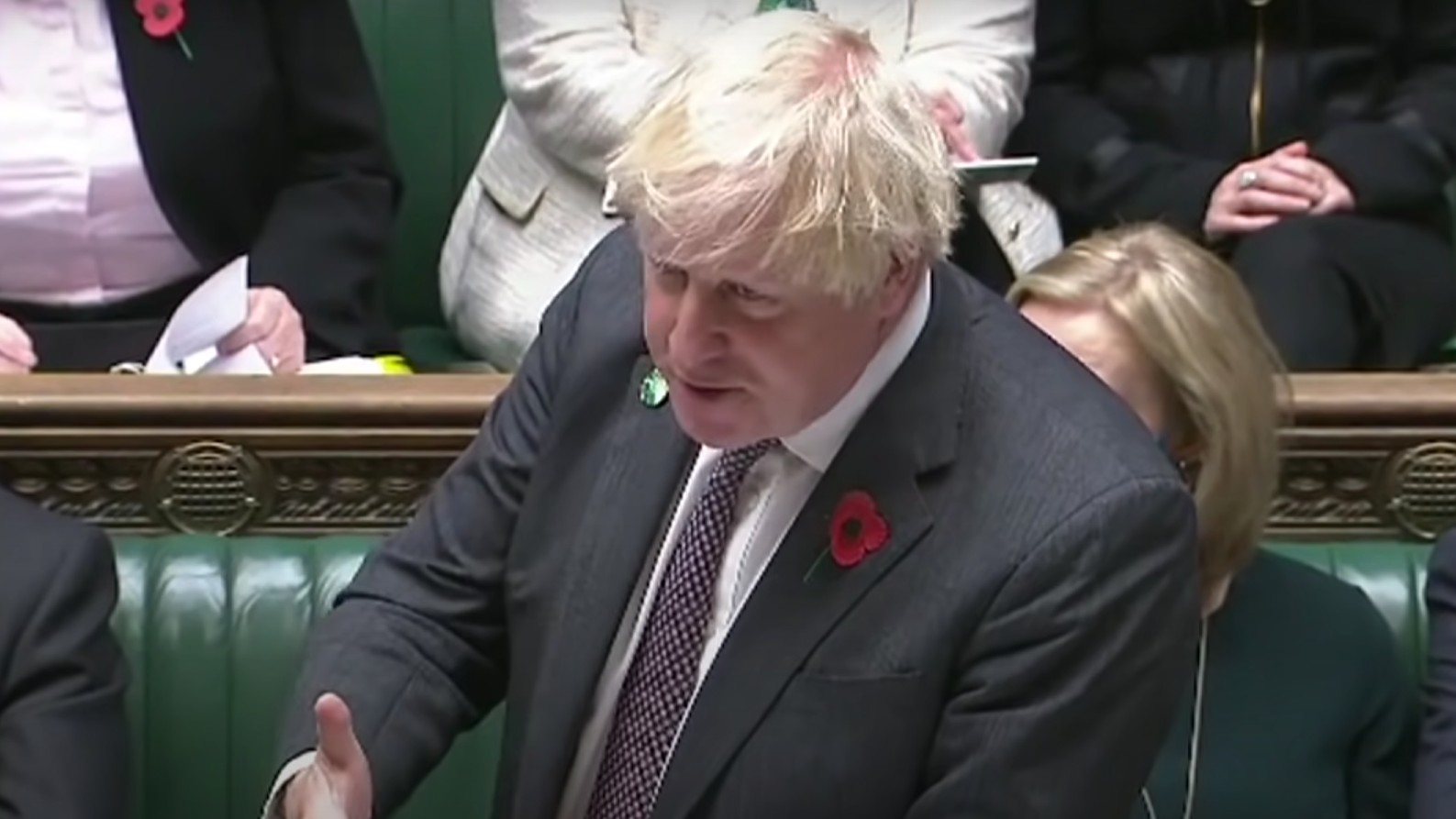
- 1. Will the Tories pay for their sins?
- 2. Cutting tuition fees in England wouldn’t be good news for universities - or students
- 3. Feeble EU lets Russia get away with murder
- 4. How to buy nothing new this holiday gifting season
- 5. In coming for Big Bird from Sesame Street, the anti-vaxxers have finally pushed it too far
A free daily email with the biggest news stories of the day – and the best features from TheWeek.com
You are now subscribed
Your newsletter sign-up was successful
1. Will the Tories pay for their sins?
Giles Fraser for UnHerd
on where Boris’s worries should lie
Of the Seven Deadly Sins, “greed, lust and gluttony are Tories, surely”, writes Giles Fraser for UnHerd. “Collectively” they amount to “sleaze”. Conservative ministers’ “fall from grace” is usually “all about willies and wallets”, but “Tory sleaze presents a kind of trap for Labour”, writes Fraser. “The naughtier Boris gets, the more Keir Starmer is transformed into some sort of lawyer/teacher authority figure whom we would secretly like to thumb our noses at,” and voters continue to “fall for” the Conservatives’ “juvenile bullshit”. Boris Johnson remains ahead in the polls, and Owen Paterson’s constituency “seem relatively unperturbed by last week’s shenanigans”. What will do it for Johnson is “his political cack-handedness”, says Fraser. Many of the PM’s own ministers were “fuming and embarrassed” after being “frogmarched” to vote against Paterson’s suspension on Thursday. “The real danger” is behind the prime minister, not in front of him. Tories “too do wrath”, says Fraser. “Boris beware.”
The Week
Escape your echo chamber. Get the facts behind the news, plus analysis from multiple perspectives.

Sign up for The Week's Free Newsletters
From our morning news briefing to a weekly Good News Newsletter, get the best of The Week delivered directly to your inbox.
From our morning news briefing to a weekly Good News Newsletter, get the best of The Week delivered directly to your inbox.
2. Cutting tuition fees in England wouldn’t be good news for universities - or students
Lorna Finlayson for The Guardian
on paying the price of marketisation
The government is said to be contemplating a tuition fee cut of £750. Why? Because “the large and growing proportion of graduates unable to repay their debts” has not “reduced the cost of higher education to the taxpayer”, as promised when fees tripled in 2012, writes the University of Essex’s Dr Lorna Finlayson at The Guardian. The rise was entangled with “a broader project of marketisation”, and the “architects” of today’s system “always anticipated that some institutions would go bust”, and “new, private ‘providers’ would take their place”. Competition “has transformed higher education to a degree that is difficult to appreciate from the outside”, writes Finlayson. University life has become “a never-ending student recruitment drive”, while “ever-increasing resources are ploughed into vanity building projects” as “support services are cut or outsourced”. Casual contracts are increasingly the norm, and “workloads have spiralled”. Reducing fees “won’t solve any of this”, and “a reversal of marketisation” ultimately “seems further away than ever”.
A free daily email with the biggest news stories of the day – and the best features from TheWeek.com
3. Feeble EU lets Russia get away with murder
Edward Lucas for The Times
on lacking leadership
You’d be forgiven for mistaking “the geopolitical drama swirling across the continent of Europe” as “the stage-setter for an airport thriller”, writes Edward Lucas for The Times. The death of diplomat and undercover Russian security services officer Kirill Zhalo in Berlin last week “is the murkiest twist”. Clearer is “the message on the Polish frontier”. But Russia “has broader divide-and-rule plans”, with energy “its biggest weapon”. The “supply squeeze” is hitting European countries, with the “immediate aim” of the Kremlin securing the green light on Nord Stream 2. Longer term, it hopes to “bust Europe’s liberalised gas market and return to an era of long-term contracts” that would “entrench Russian influence”. Decision-makers across Europe “are failing badly”, writes Lucas, and the European Union “crippled by its divisions” as it “yearns vainly for dialogue” with Russia. “A systematic, coordinated response” is needed to challenge Moscow’s “bluff and bullying”.
4. How to buy nothing new this holiday gifting season
Annaliese Griffin for The New York Times
on second-hand festive shopping
“If you’re getting a gift from me this year, it’s probably going to be second hand,” writes Annaliese Griffin for The New York Times. Disrupted supply chains “do not have to ruin the holidays”, and may in fact bring pause for thought about “the annual marketing drive telling us that we must start spending now and keep spending through December to manifest a Christmas morning of abundance and cheer”. Griffin’s view is not that of “a Grinch”; it’s more about “breaking out of a consumer mind-set that demands we constantly buy things”, she says. Every item bought “puts into motion a global chain of events”, usually starting with oil extraction and plastic packaging until, after some time, they “most likely end up in a landfill”. These gifts bring “so little pleasure”, and while present shopping that doesn’t depend on a wish list “requires more thought and work”, it’s ultimately “a lot more fun”, Griffin says.
5. In coming for Big Bird from Sesame Street, the anti-vaxxers have finally pushed it too far
Victoria Richards for The Independent
on unstable arguments
“Everyone’s favourite giant yellow bird” tweeted that he’d received his Covid-19 vaccine at the weekend, writes Victoria Richards for The Independent. President Joe Biden expressed his support for the Sesame Street character, but Big Bird’s news sparked a “downright abusive” response from certain corners of the internet. The “sweet irony” of an anti-vaxxer who said parents letting their children get jabbed exhibited “strange cultish behaviour” was not lost on the writer. The “furore” was “another example of a distracting ‘culture war’ designed to take our attention away from bigger issues”. But it raised a question on the responders’ reasoning, says Richards: if anti-vaxxers’ arguments “are so fragile that they feel threatened by a person dressed up in an animal costume, then do they have an argument at all?” They’d be better off reminded of Big Bird’s own advice to “never let a bad day make you feel bad about yourself”.
-
 Political cartoons for February 20
Political cartoons for February 20Cartoons Friday’s political cartoons include just the ice, winter games, and more
-
 Sepsis ‘breakthrough’: the world’s first targeted treatment?
Sepsis ‘breakthrough’: the world’s first targeted treatment?The Explainer New drug could reverse effects of sepsis, rather than trying to treat infection with antibiotics
-
 James Van Der Beek obituary: fresh-faced Dawson’s Creek star
James Van Der Beek obituary: fresh-faced Dawson’s Creek starIn The Spotlight Van Der Beek fronted one of the most successful teen dramas of the 90s – but his Dawson fame proved a double-edged sword
-
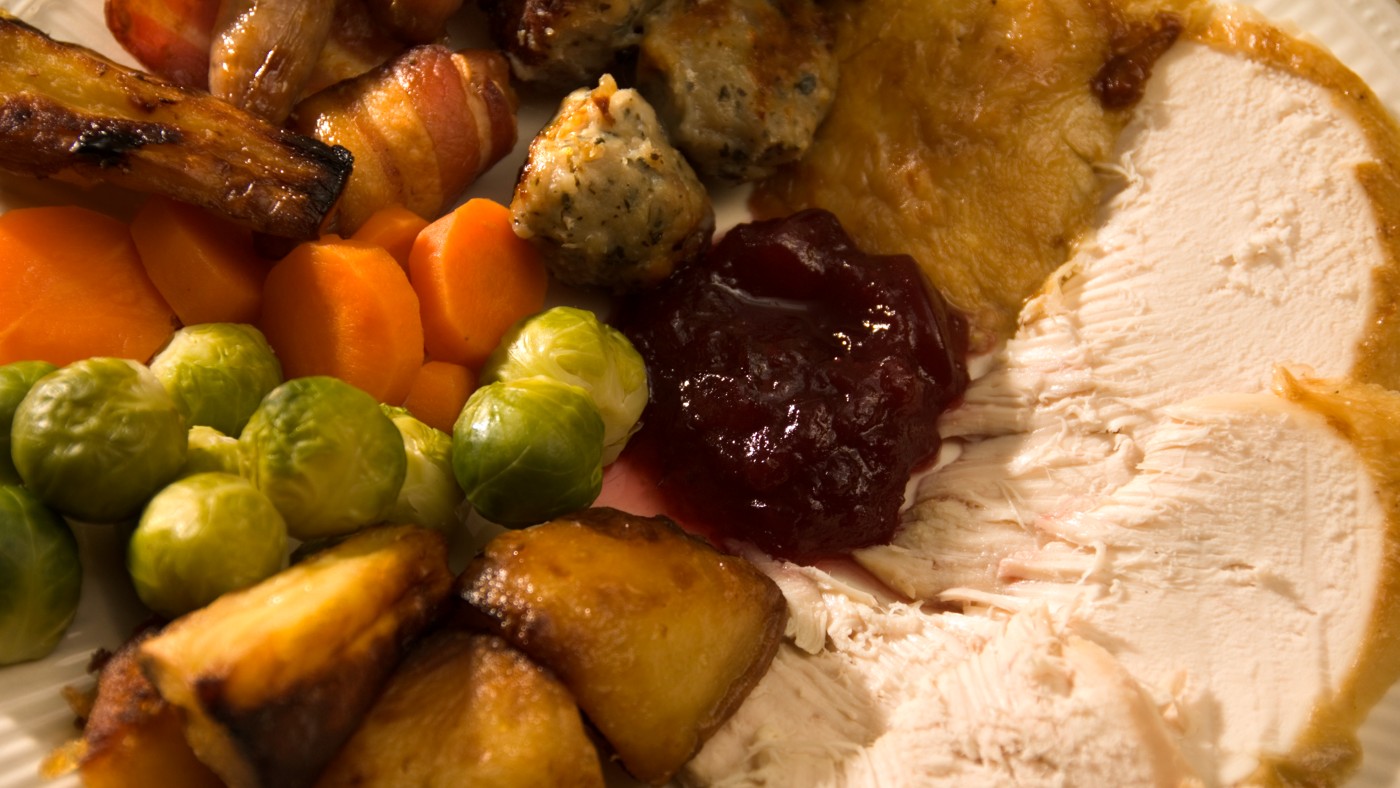 Nan who charges family for Christmas dinner puts up price
Nan who charges family for Christmas dinner puts up priceTall Tales And other stories from the stranger side of life
-
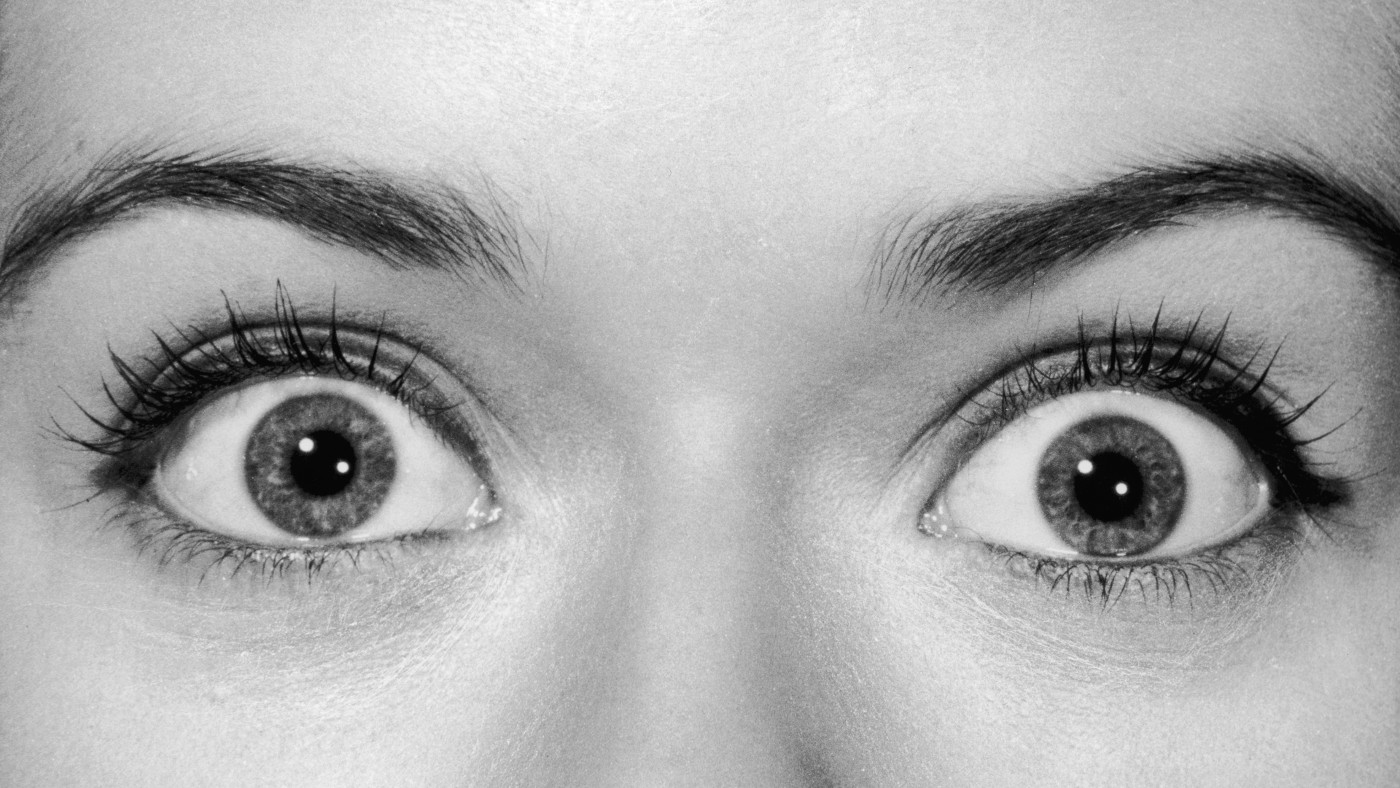 Woman solves 'rude neighbour' mystery
Woman solves 'rude neighbour' mysteryTall Tales And other stories from the stranger side of life
-
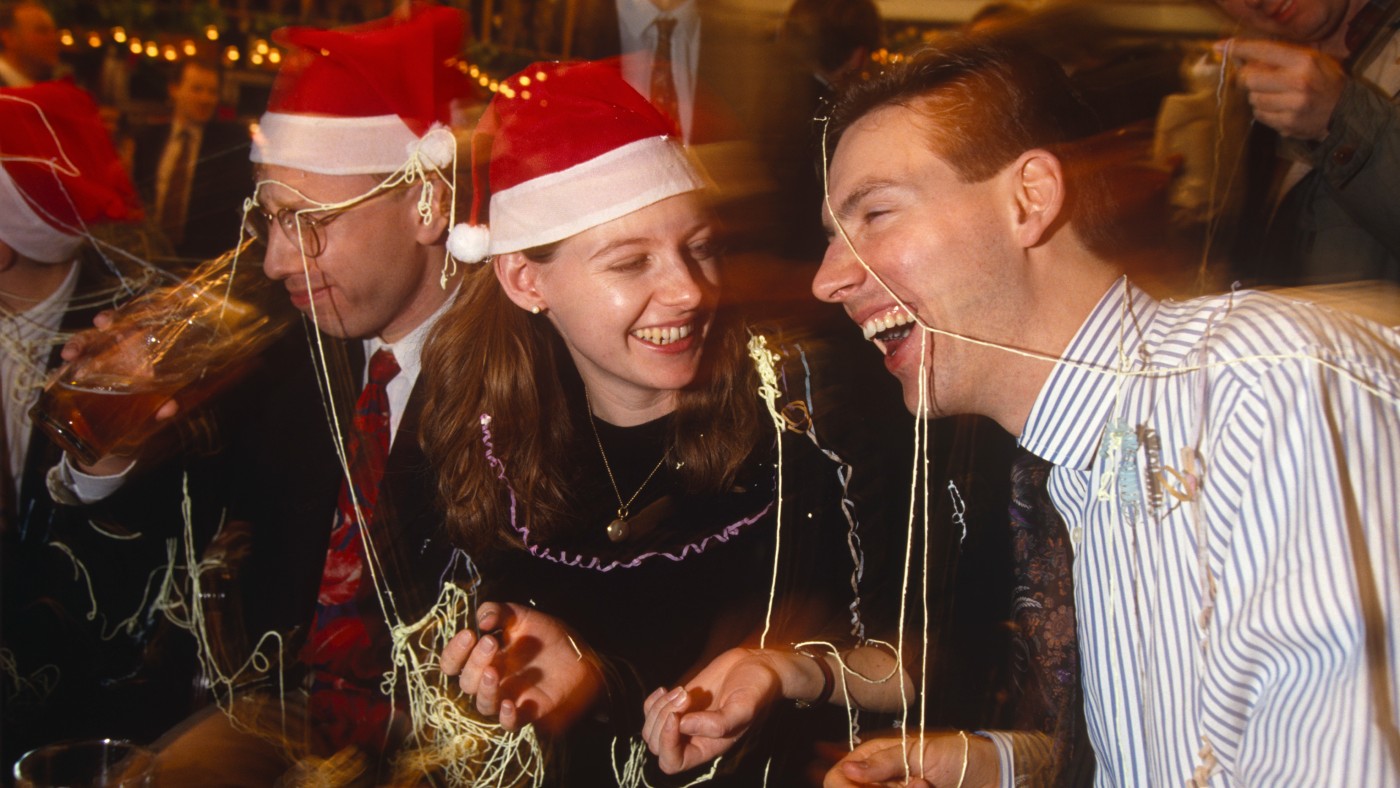 Office Christmas parties give us sleepless nights
Office Christmas parties give us sleepless nightsTall Tales And other stories from the stranger side of life
-
 'Dead' woman nearly suffocated in morgue bag
'Dead' woman nearly suffocated in morgue bagTall Tales And other stories from the stranger side of life
-
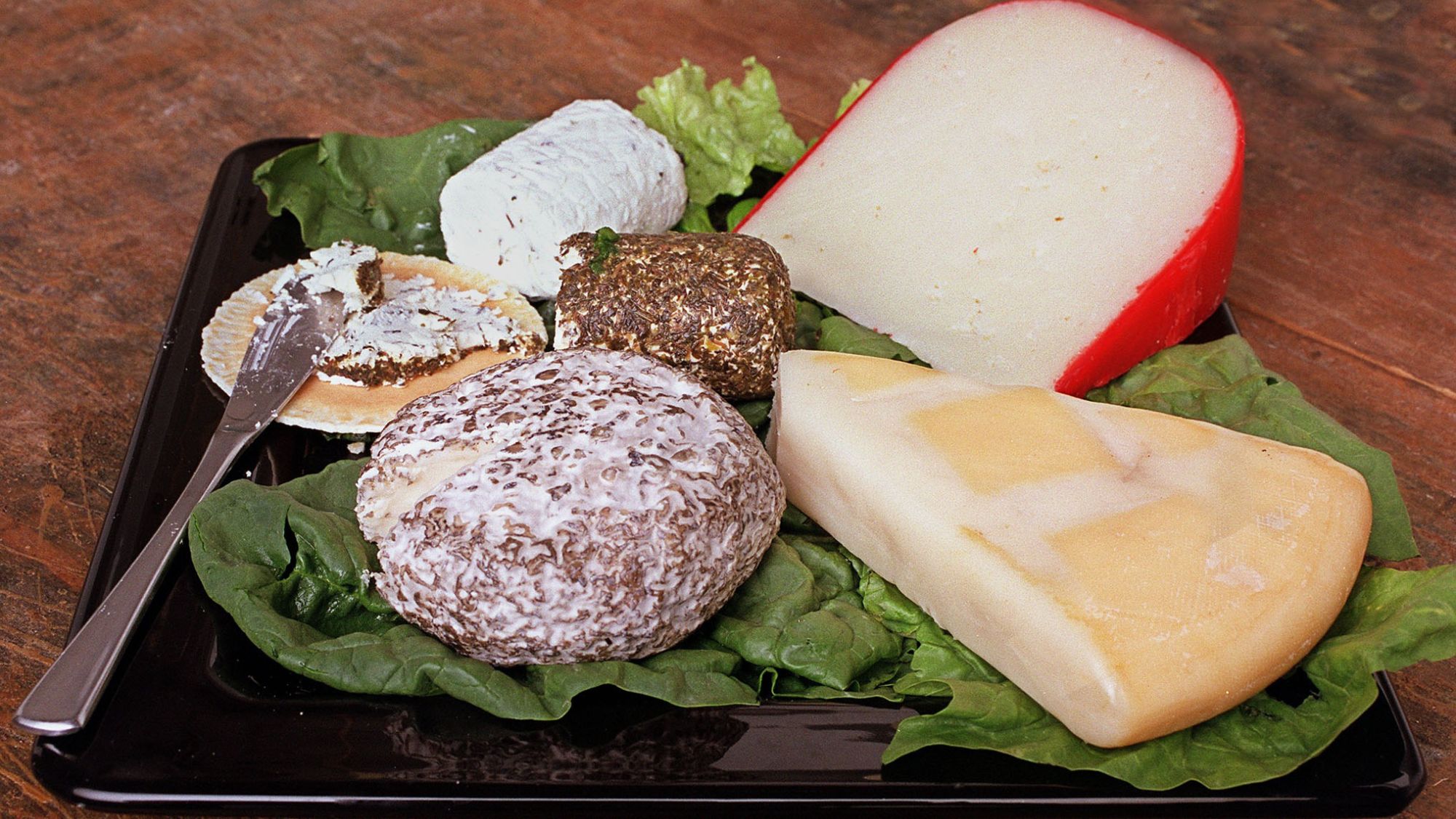 World's 'smelliest cheese' hits shelves
World's 'smelliest cheese' hits shelvesTall Tales And other stories from the stranger side of life
-
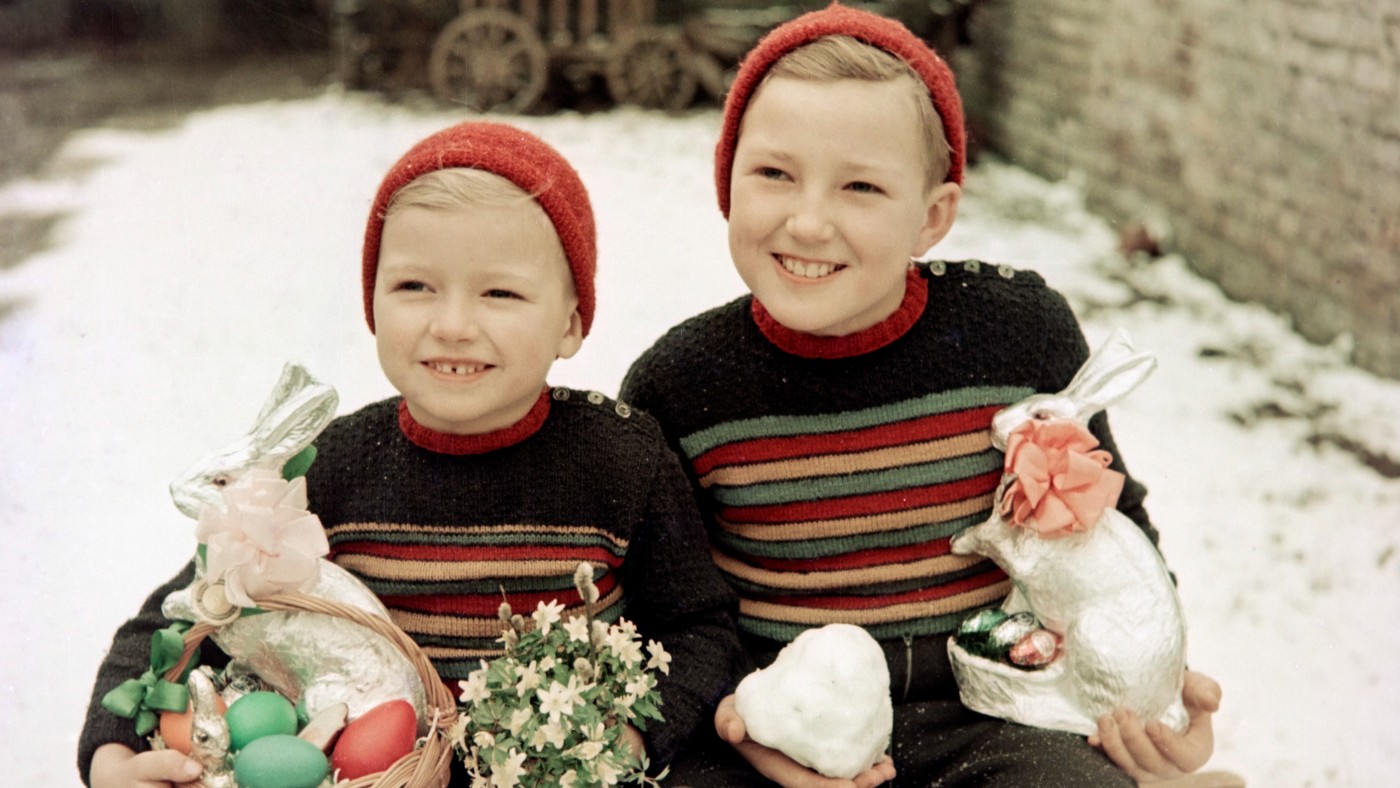 White Easter more likely than a white Christmas
White Easter more likely than a white ChristmasTall Tales And other stories from the stranger side of life
-
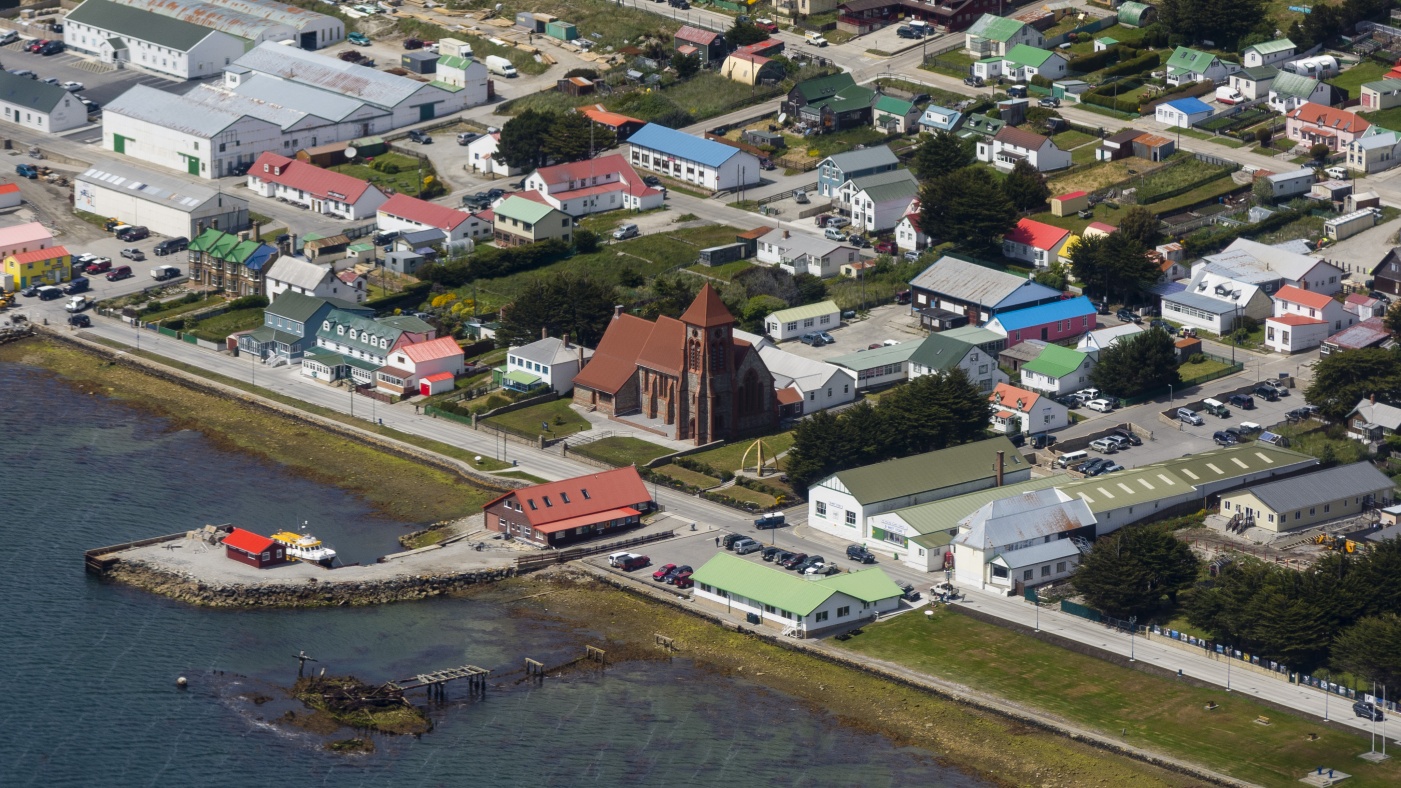 ‘Islas Malvinas’ and the new battle over the Falklands
‘Islas Malvinas’ and the new battle over the FalklandsTalking Point Argentina scores ‘major diplomatic win’ as EU refers to British territory by its disputed name
-
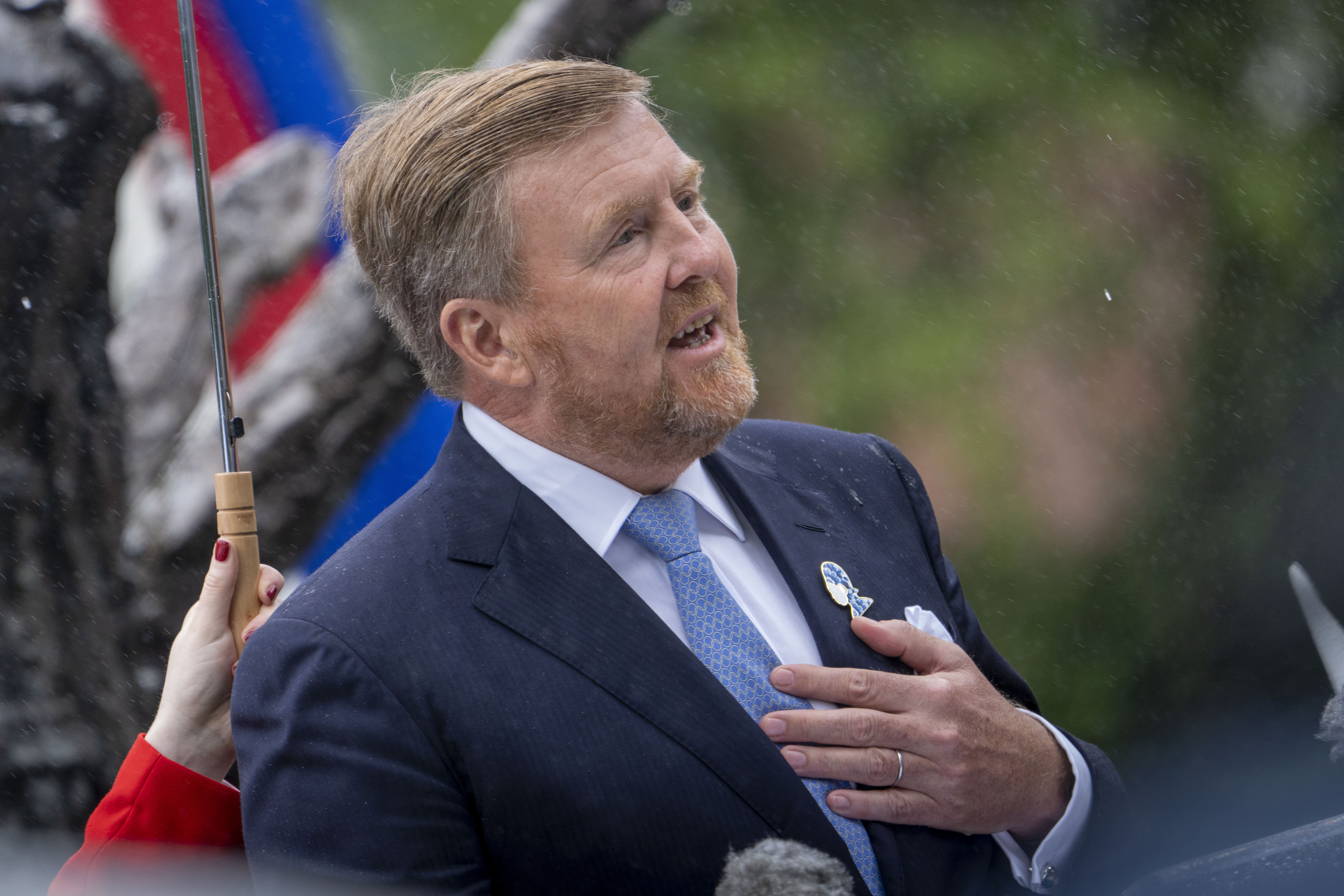 Dutch king apologizes for country's role in slave trade
Dutch king apologizes for country's role in slave tradeSpeed Read